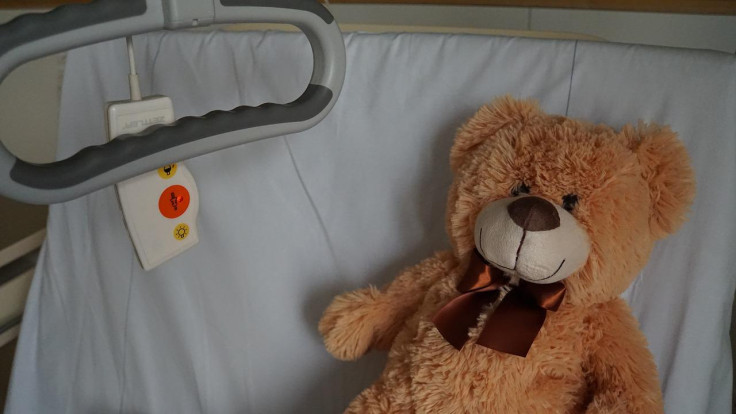Maine Logs First Measles Case In Years, Identifies Potential Exposure Sites
KEY POINTS
- The patient has had a dose of the measles vaccine
- Vaccinated people who get measles tend to have milder illness and are less likely to spread it
- Maine authorities released potential exposure sites from April 29 to May 3
Health authorities in Maine have logged a positive measles case in the state and identified possible exposure sites "out of an abundance of caution."
The positive laboratory test for measles reported to the Maine Center for Disease Control and Prevention (Maine CDC) was that of a child, as per a statement released by the Maine Department of Health and Human Services (DHHS) on May 5. This was reportedly the state's first measles case since 2019, according to CNN.
As of the announcement, the DHHS was still waiting for confirmation from the U.S. Centers for Disease Control and Prevention (CDC). It did not divulge further information about the patient but noted that the child has had a dose of the measles vaccine (measles-mumps-rubella or MMR vaccine).
Generally, the measles vaccine is 93% effective after one dose and 97% effective after two doses. However, there are still rare occasions when even someone who has had two doses of the vaccine may still get measles if they're exposed to the measles virus.
This happens in just three out of 100 people with two doses of the vaccine, the CDC noted. In these cases, however, the patients tend to get a milder illness and they also aren't as likely to spread it to others.
The DHHS also clarified that "it is not possible to contract measles from the vaccine."
With the pending confirmation and the child having had a vaccine dose, the Maine CDC is still "considering the child to be infectious out of an abundance of caution." It has identified some places of potential exposure, so that people who may have gone to these places may take the necessary precautions.
These are "Family Time Dine and Play at Auburn Mall in Auburn" on April 29, "Clear Choice MD in Scarborough (273 Payne Road)" and "Hannaford on Cottage Road in South Portland (Mill Creek Hannaford)" on May 1 and "Mercy Fore River Emergency Department" on May 2 and 3.
More details about the exposure sites and times are available in the DHHS statement.
Measles, according to the World Health Organization (WHO), is one of the "most contagious diseases" in the world. The virus can remain alive and contagious on surfaces or in the air for up to two hours.
"Anyone at these locations during these times should watch for symptoms for 21 days after their exposure," the DHHS noted.
Measles can spread easily. Measles can be serious for anyone, but babies and young children are more likely to get very sick. You can prevent measles by getting measles vaccine. Watch this video to learn more. Call a health care provider if you think you have measles. pic.twitter.com/1hZPvEzADK
— Maine CDC (@MEPublicHealth) May 5, 2023
"If you are not immune to measles, MMR vaccine or a medicine called immune globulin may help reduce your risk developing measles," the CDC said.
The DHHS stressed the importance of calling the clinic or hospital beforehand so they can make arrangements and help prevent the further spread of measles.
The MMR vaccine is still the best way to prevent measles, the DHHS noted. Before the measles vaccination programs started in the 1960s, some three to four million people in the U.S. got measles each year, according to the CDC.
As of April 28, the CDC has logged 10 measles cases from eight jurisdictions for the year.

© Copyright IBTimes 2024. All rights reserved.












